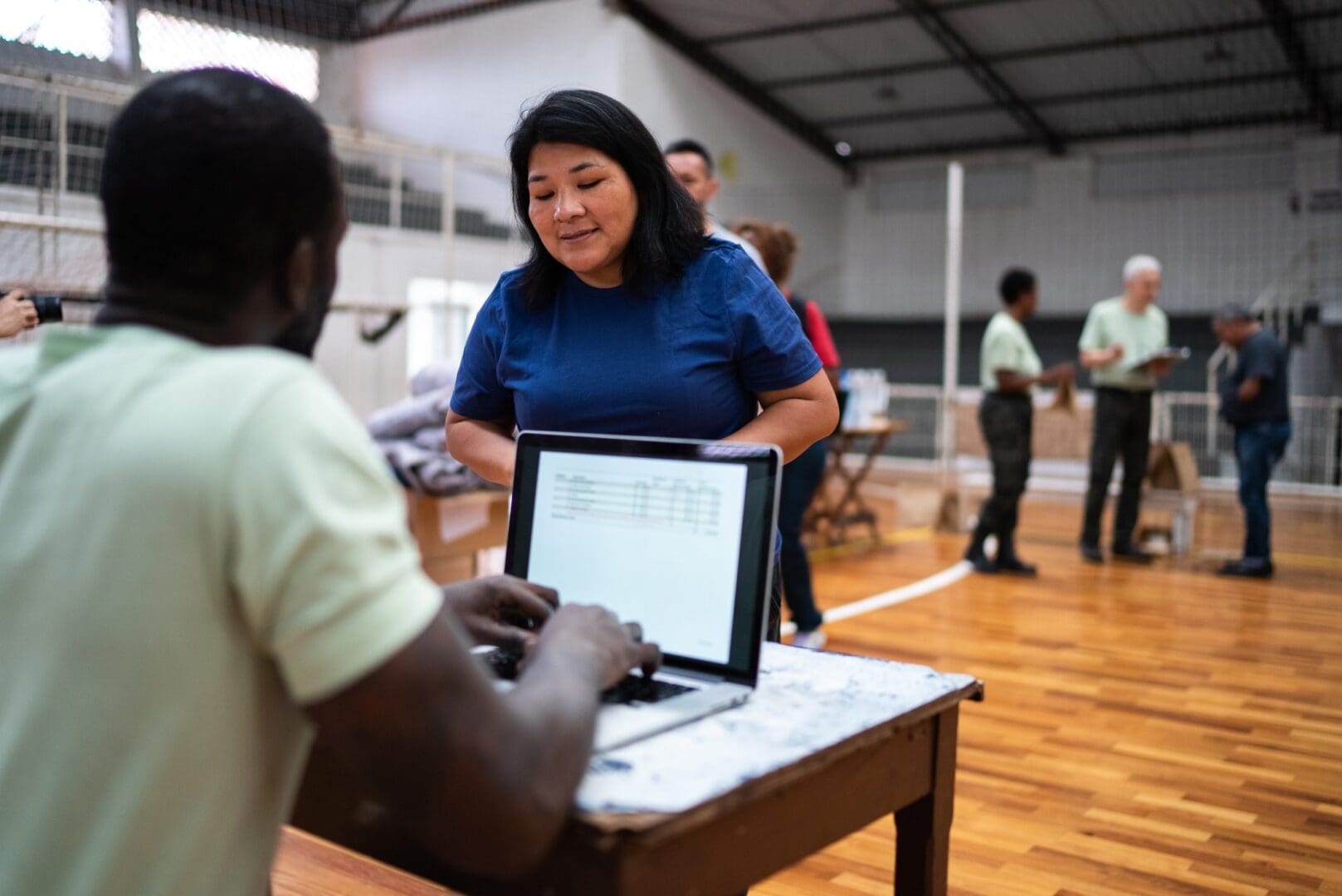Digitally Divided: Technology, Inequality, and Human Rights examines how a variety of new technologies are increasingly central to how people access work and essential services around the world, and how they can impact people’s ability to access healthcare, housing, education, social protection, and other essential services that are core to human rights.
This briefing will serve as a primer for those seeking to understand some of the most salient ways technology and inequality (economic, racial, gender, disability, and linguistic) are deeply connected, particularly at a moment of escalating economic and political destabilization.
It will also seek to build upon Amnesty International’s work on technology to show how the digitization of more areas of life is central to the ongoing fight for human rights around the world. By providing a broad overview of the major areas of concern, it will seek to help create a conceptual framework for policy actors, communities, and stakeholders working on human rights issues at the intersection of technology and inequality.
Since the issues detailed here should by no means be considered exhaustive, this analysis is also an invitation to a global conversation around the growing reality of technological harms. As the first of four outputs related to Amnesty International’s work around technology and human rights, this briefing is ultimately intended as a resource to activists, impacted communities, civil society and human rights organizations, technology companies, and other stakeholders who are grappling with the growing global crisis of inequality.
Contents include:
- Technology-Enabled Inequality and Human Rights
- Inequality And Technology: Essentially Intersectional
- A Human Rights Agenda for Tech Equity
- The Right to Equality and Non-Discrimination
- Right to Decent Working Conditions

